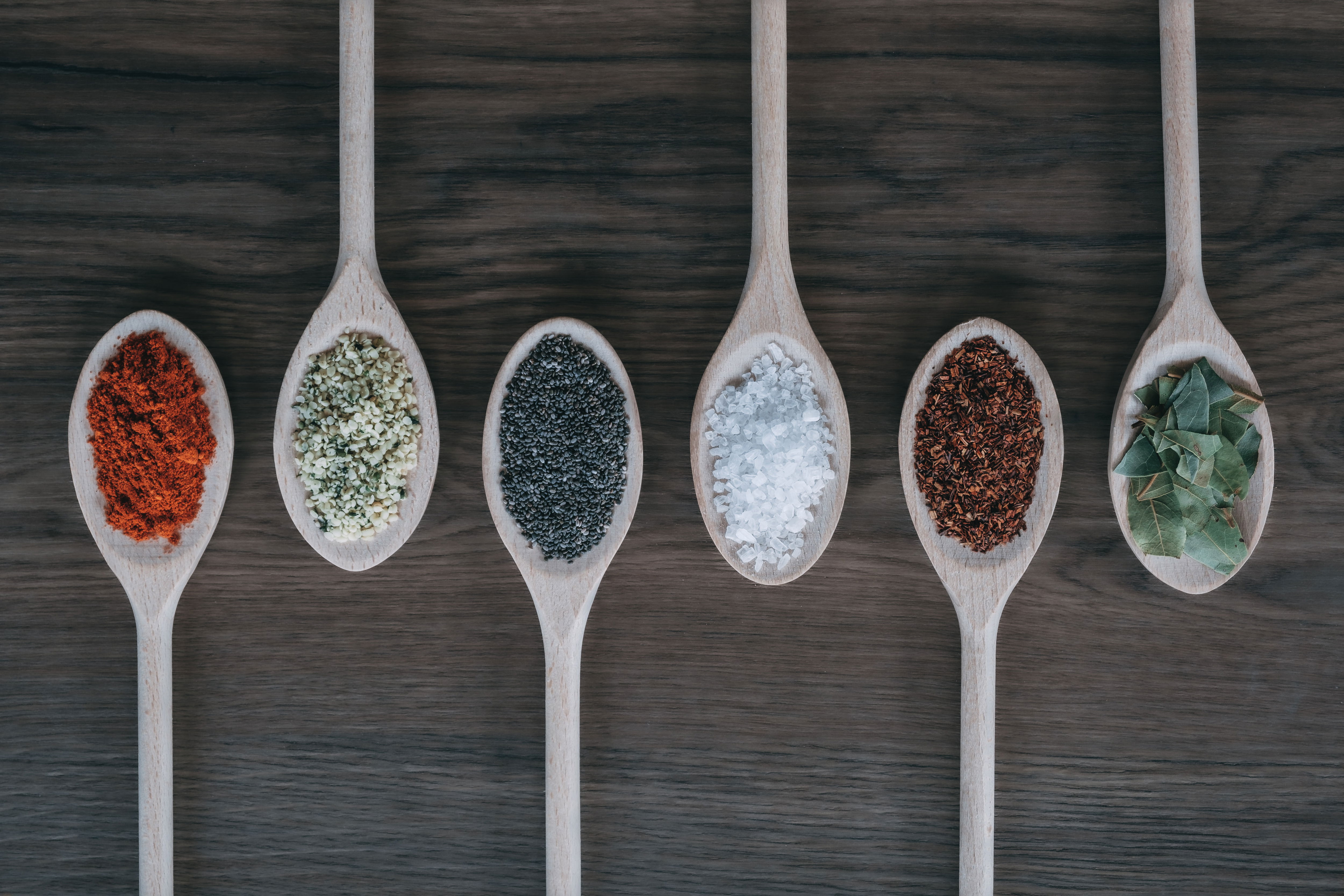
It all started last month when I wanted to experiment with Intermittent Fasting. In my typical style I spoke to experts before committing. One tip kept popping up in every conversation - make sure you consume enough salt.
What?
Isn't excess salt bad for you?
Doesn't it dehydrate your body?
What about claims that it spikes blood pressure?
Salt 101
If you fast regularly or eat a low-carb diet or lead an active lifestyle, listen up!
The next few minutes are going to be a bit dry. Research on salt isn't particularly exciting but it is important. Grab a salty drink.
Electrolytes

Sodium, potassium, magnesium, calcium, phosphate, bicarbonate are all electrolytes. I focus on Sodium (salt) because it has the most bad rep that it doesn't deserve.
Why do we need electrolytes?
> helps your blood flow
> maintains blood pressure
> transports nutrients from gut to cells
> helps muscle contraction / helps pump your heart
Let's agree that they do some pretty important stuff!
Subscribe to Trek Library. Your resource for adventure stories, detailed trek guides, tips and so much more.
How does sodium get absorbed

Sodium needs a 'vehicle' to go from the gut to cells all over the body. The misconception is that glucose is the only transporter sodium can hitch a ride with. No wonder energy drinks are loaded with sugar. Other options are butyrate, phosphate, amino acids. A balanced diet of plants, healthy fats and meat provides options besides sugar. More on electrolyte rich foods later.
What is thirst?
Our body doesn't just get thirsty for water it gets thirsty for salt also. When you eat something salty and feel like having water is the body wanting to balance or retain the sodium it has consumed. After a sweaty workout the body looks for water and electrolytes that it has just lost.
Drinking plain water is not enough to hydrate the system.
Electrolyte Imbalance
Kidneys are the electrolyte management system. Imbalance in the body are a result of kidney not functioning optimally.
An imbalance is a disturbance of a given electrolyte in the blood levels. Too high or too low.
You might have experienced a mild or moderate imbalance.
Mild - muscle cramp, low energy, fatigue, irritability
Moderate - muscle spasms, muscle weakness, lethargy, confusion
Severe - seizure, brain damage, death
How To Prevent Electrolyte Imbalance?
Eat electrolyte rich foods (see list below)
Add salt to your meals
Stop overhydration with plain water - simply drink when thirsty
Add salt to water when replacing sweat loss
Blood tests are not a reliable measure of electrolytes for maximum health benefit. It's best to play it safe and optimise.
When replacing lost electrolytes it's better to plan ahead than chasing them later.
Note: Use Himalayan salt not iodised salt
Daily Requirements
Sodium 4 - 6 gms
Potassium 3.5 - 5 gms
Magnesium 400 - 600 gms
Other electrolytes should come from your food intake.
Quick Recipe
1/2 tsp salt (1g sodium)
500 mg potassium chloride powder (200 mg potassium)
1/4 tsp magnesium malate (60 mg magnesium)
1/2 - 1 liter of water depending on how salty you like it
Add lime / fruit to taste
Foods rich in electrolytes
Spinach, kale, avocados, broccoli, potatoes, beans, soybeans
Strawberry, watermelon, oranges, banana, tomatoes
Tofu, yoghurt, milk, buttermilk, almonds, peanuts
Fish, chicken, turkey
Subscribe to Trek Library. Your resource for adventure stories, detailed trek guides, tips and so much more.
Myths Around Salt
Salt dehydrates the body
Dehydration is net water loss from the body, consuming salt does not cause it. If you eat a bag of chips, you end up thirsty because the body recognises that your sodium level in the blood is rising and drinking water balances it out. Sodium hydrates you. Consuming salt replaces what's lost through sweat and urine.
Salt is bad for the heart
A 2018 review in the Journal of American Medicine Association (JAMA) concluded that “Limited evidence of clinical improvement was available among outpatients who reduced dietary salt intake, and evidence was inconclusive for inpatients.”
Beyond that, sodium restriction appears to be—not just inconsequential—but dangerous for heart health. Here are two reputable studies that back that up:
1. A 2011 JAMA study found that people limiting sodium to 3 grams per day had MORE heart attacks and strokes than those consuming 4–6 grams per day.
2. A 2014 meta-analysis tells a similar story. Mortality and cardiovascular events were higher in folks consuming less than 2.6 grams of sodium per day vs. intakes between 2.6–5 grams per day.
Subscribe to Trek Library. Your resource for adventure stories, detailed trek guides, tips and so much more.
